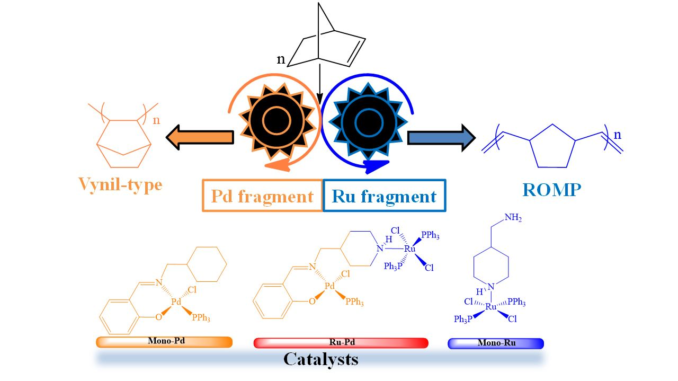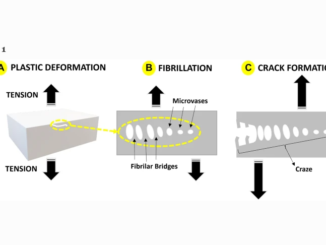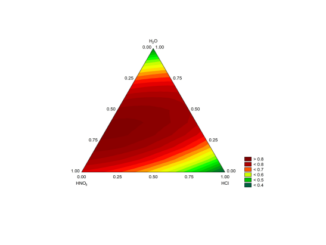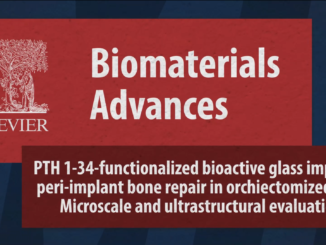
Ru/Pd Complex and Its Monometallic Fragments as Catalysts for Norbornene Polymerization via ROMP and Addition
Abstract: The [Ru(PPh3)2Cl-piperidine(4-aminomethyl)] complex (mono-Ru) was synthesized from [Ru(PPh3)3Cl2] and 4-(aminomethyl)piperidine, whereas the [(PPh3)PdCl(Shiff-pip)] complex (mono-Pd) was obtained by reacting [Pd(PPh3)2Cl2] with its respective Schiff base ligand, both at a 1:1 molar ratio. The heterobimetallic RuCl2(PPh3)2Pd(PPh3)Cl] complex (Ru/Pd) was synthesized via a one-pot, three-component reaction of mono-Ru, [(Pd(PPh3)2Cl2] and salicylaldehyde. All complexes were fully characterized by FTIR, UV-Vis, and NMR spectroscopy, as well as elemental analysis, MALDI-TOF mass spectrometry, cyclic voltammetry, and computational studies. Ru/Pd was able to polymerize norbornene (NBE) by two different mechanisms: ROMP and vinyl polymerization. The Ru fragment was active for ROMP of NBE, reaching yields of 68 and 31% for mono-Ru and Ru/Pd, respectively, when the [NBE]/[Ru] = 3000 molar ratio and 5 μL EDA addition were employed at 50 °C. The poly(norbornene) (polyNBE) obtained presented an order of magnitude of 104 g mol−1 and Ð values between 1.48 and 1.79. For the vinyl polymerization of NBE, the Pd fragment was active using MAO as a cocatalyst, reaching a yield of 47.0% for Ru/Pd and quantitative yields for mono-Pd when [Al]/[Pd] = 2500 and [NBE]/[Pd] = 20,000 molar ratios were employed, both at 60 °C.
Author(s): Cruz, T. R.; Masson, G. H. C.; Amorim, K. A. E.; Machado, A. E. H.; Goi, B. E.; Carvalho-Jr, V. P.
Catalysts
Published: 26 September 2022
DOI: https://doi.org/10.3390/catal12101111
CDMF
The CDMF, hosted at the Federal University of São Carlos (UFSCar), is one of the Research, Innovation and Dissemination Centers (RIDC) supported by the São Paulo State Research Support Foundation (Fapesp), and also receives investment from the National Council Scientific and Technological Development (CNPq), from the National Institute of Science and Technology of Materials in Nanotechnology (INCTMN).




